Singer-songwriter Ryan Cassata's new album is a love letter to LGBTQ+ people whose traumatic pasts have made them stronger.
In his moving music video for "Catcher in the Rye," Cassata revisits his conservative hometown and walks down the streets where awful and violent moments happened in his life. "Flashing back to my bloodstained face," he sings. "Where do the ducks go?/Where do the geese go?/Where do the queers go?/Away from here."
The powerful folk/rock track holds a powerful message and is an uplifting and empowering reclamation of everything Cassata went through to become the person he is today. That momentum seems through the guitar, strings, and Cassata's passionate voice.
PRIDE had a chat with Cassata about his new album, The Witches Made Me Do It, his religious upbringing, losing and rediscovering faith in God, overcoming shame and celebrating queer love, and we're so proud to premiere the lyric video for the title track.
PRIDE: Describe your music for someone who's never heard it before.
Ryan Cassata: My music crosses into many different genres because I am inspired by many things. The Witches Made Me Do It centers more around folk/singer-songwriter and rock sounds. I am very focused on lyrics and melody and do not shy away from the things I want to talk about most. I wrote this album with my partner Jeni and she really pushed me to break down the walls that I had developed of how songs should be. I stopped caring about how many times a chorus should happen or if one should even happen at all. I stopped caring about the formats that I learned from listening to pop music. We threw all of that out of the window and wrote truthfully how we were feeling and how we were experiencing in the moment. I think the music is a very accurate reflection of our honest and raw emotions.
Why is important to open up about your identity in your music?
My identity is part of who I am and aspects of my identity do merge into my lyrics quite a bit. Usually, the songs I write are all based on my reality and the things that I am going through. Being open about being trans, experiencing love, experiencing heartbreak, being bullied, etc. has helped me to connect with more people and to show others that none of us are alone in our experiences.
How did your religious upbringing impact your music?
I grew up going to mass every morning in grade school. We read the Bible frequently and prayed every day in school. I also went to religion school on Wednesday nights. I made my communion and confirmation. When I came out I started to notice that many religious people were not okay with the LGBTQ+ community and would go as far as to comment homophobic/transphobic things on my videos or pictures, and even try to take the rights of LGBTQ+ people away. I was repulsed by the hatred and I shied away from religion and the church. Music became my religion early on as a queer teenager and I would say that classic rock really provided me with a sense of safety and security in myself. I would go as far to say that rock and roll saved my life.
The church made me feel really shameful for being queer for a long time. It was homophobia that I had inside of me that was taught yet so repressed. The only way that I was able to get rid of that shame was to develop a new relationship with God. I stopped believing that God hates LGBTQ+ people and started believing that the only type of Gods that exist in this world are loving Gods. On a more personal note, to change my way of thinking, I found an LGBTQ+ church and attend mass regularly. The idea that God hates queer people was removed from me. I discovered that God loves unconditionally and nonjudgmentally. I healed quite a bit from all this.
The topics of religion have gone into my music quite a bit and on this album, you will hear lots of references about queerness, homophobia, God, the homophobic perception that some people have of God, the oppression of the LGBTQ+ community by the Catholic church. Some of the lyrics feel like I am removing that ignorant/hateful perception of God and replacing it with a loving God perception. This has provided me with a lot of healing.
On "Holy, Holy, Hold Me," I am using lots of lyrical metaphors to talk about that being queer. Experiencing love and passion as a queer person is not sinful, but beautiful. It's sacred. Queer love is not shameful. It's a celebration. It's holy.
On "Bamboo Plants" I talk openly about how I experience God now. "Stopped showing up at my job, I had a talk with God, saying that's not what my heart wants, I think he'll figure it out." It's about faith, trust, and hope.
I would say that the album comes from a very spiritual place. Astrology, God, witchcraft, etc. It doesn't matter what you personally call it. To me, it's all about faith and love.
Why did you want to go back to your hometown for the "Catcher in the Rye" music video? What was it like walking through those streets?
I felt two really strong emotions throughout the filming of the music video. I felt scared sometimes that a homophobic attack could happen at any moment. I also felt like part of me was being healed. I really felt like I was reclaiming those areas. They no longer have to be the places that hurt me the most but the places I filmed this music video, the places where I stood proudly and bravely. The places that symbolize my music. The places that appear in this video that can show others that things will be okay one day. That pain eventually eases.
What was the process like for you putting this album together?
We started recording this record in a more modern way and realized a lot of the emotion was gone from the production. Jeni did some digging around and found Jason Hiller who has the best collection of analog gear and tape machines that I have ever seen in person.
We decided to record this album to tape. Since so much of the music is improvised on the record, we really felt that recording it to tape and keeping it as authentic and unprocessed as possible was the best way to make sure the music and lyrics held their meaning completely. Nothing got lost from overproduction. The feel is there.
Jeni and I wrote these songs in about a month. We wrote some of the songs in the same day. "Bamboo Plants" and "Extended Vacation" were written on the same night. It was a blissful month where we spent a lot of time falling in love and writing music. The songs all felt really powerful, loving, and healing to me. We picked our favorites to put on the record and I started recording. All of the acoustic songs on the album were recorded live. I brought in my band for the full-band tracks and we also recorded live with the drums in a separate room and then did some overdubs and redos on vocals.
Recording to tape was exciting and fun for me. Sometimes we would be paused because we needed to buy another reel and the shop wouldn't be open. There are not many places to buy tape these days. Growing up as a classic rock fanatic, this recording process was a dream come true for me. Jason Hiller, the recording engineer, really understood me and I feel he captured my sound very authentically. I took the album cover photo on Long Island during the "Catcher in the Rye" shoot and my best friend Emiko Lytell did all of the album artwork.
Watch the premiere of "The Witches Made Me Do It" lyric video below!
Ryan Cassata is also featured on PRIDE's Bops 4 Gays playlist. Be sure to subscribe!
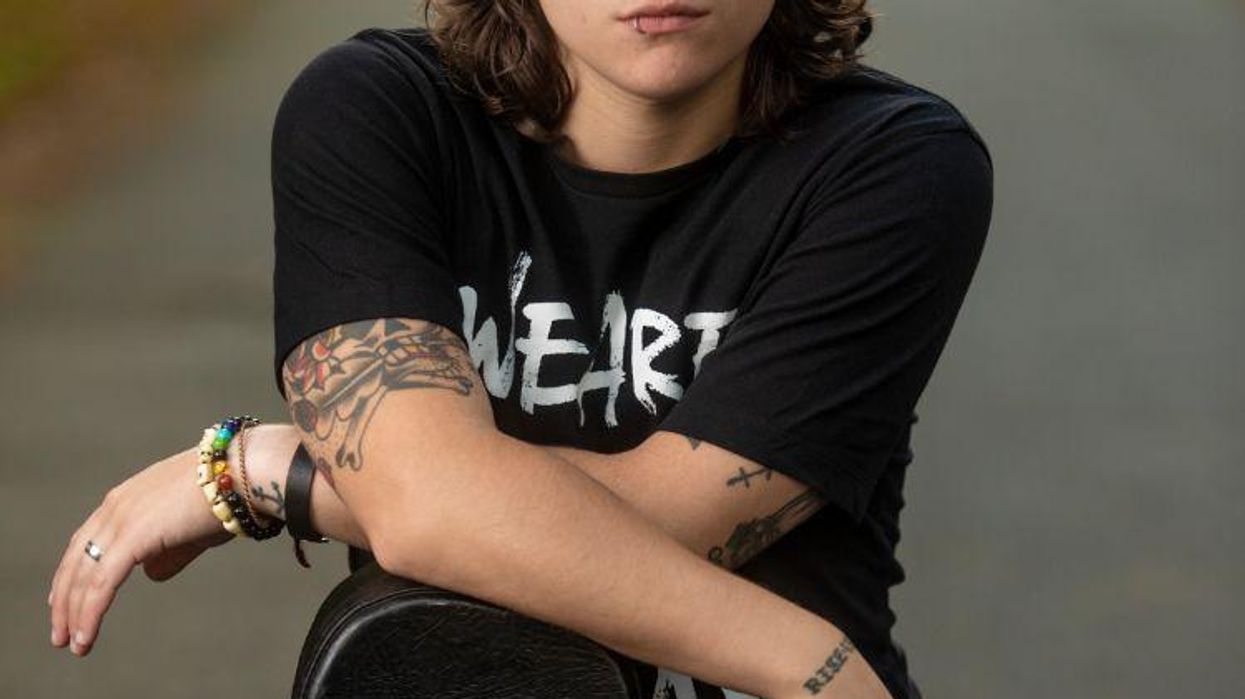














































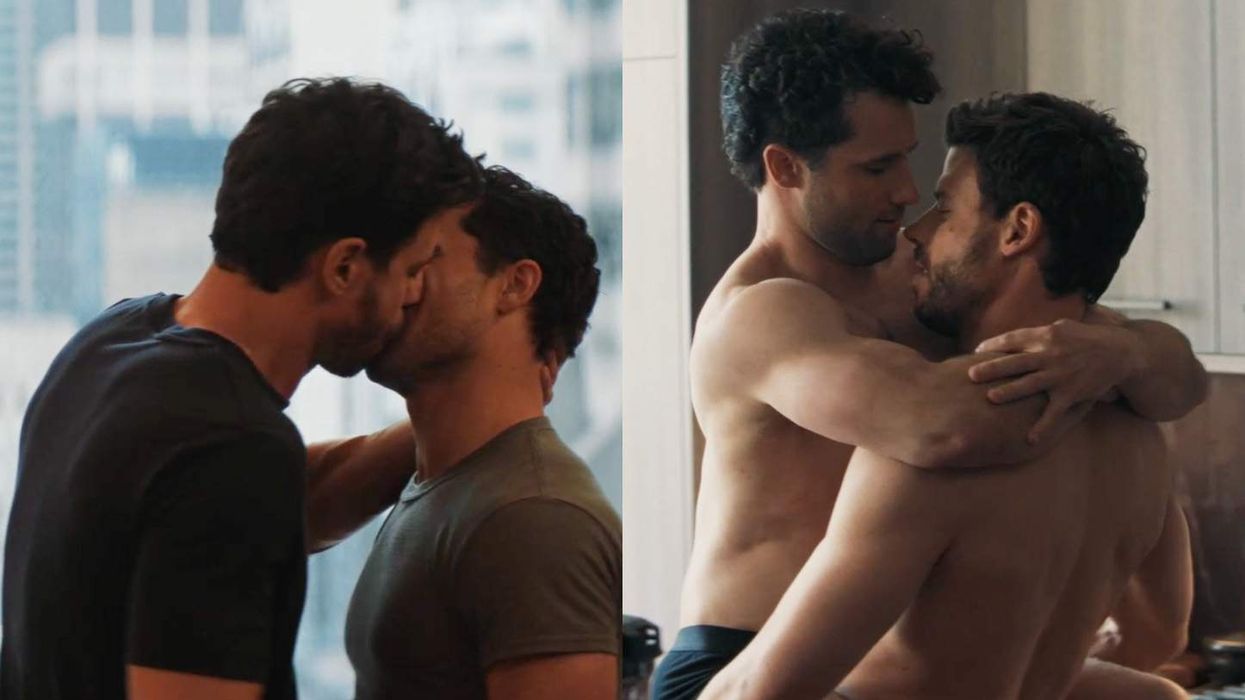


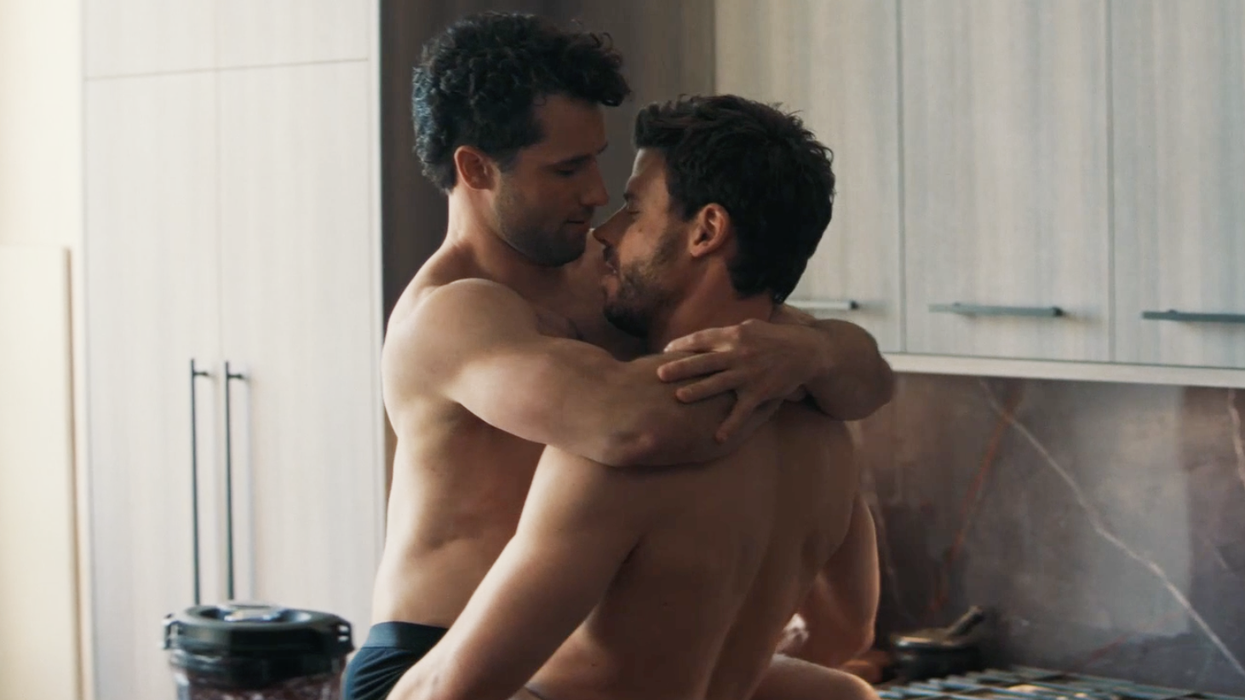
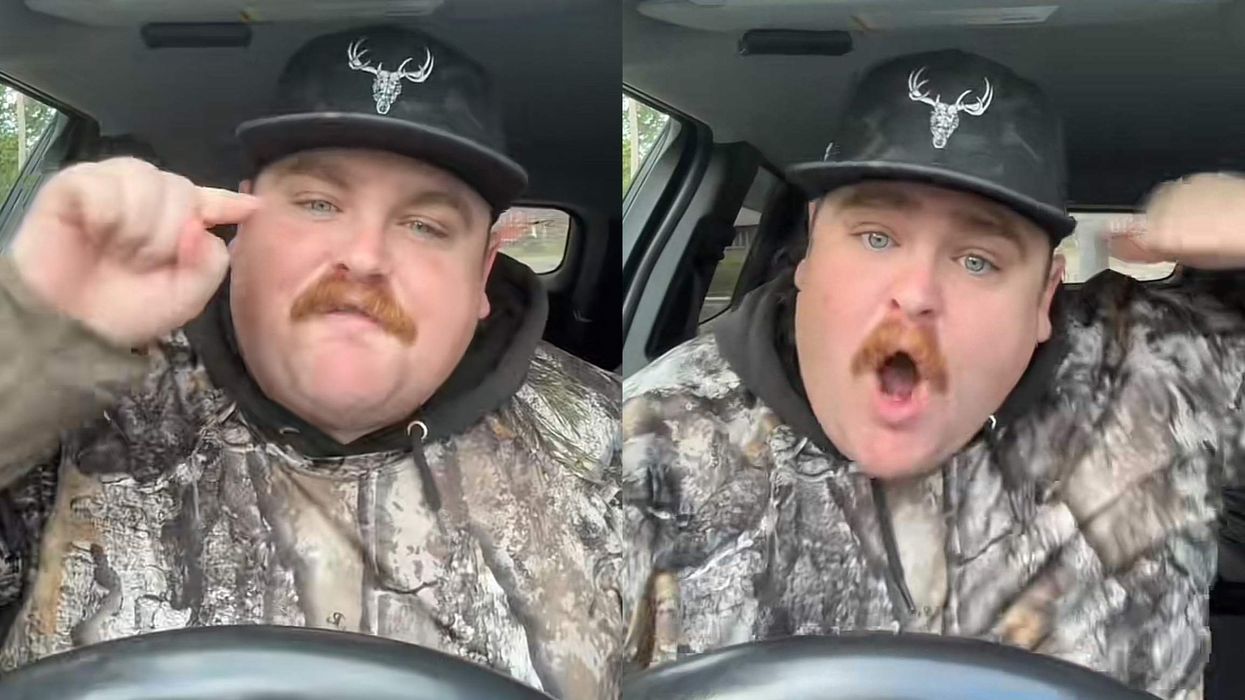


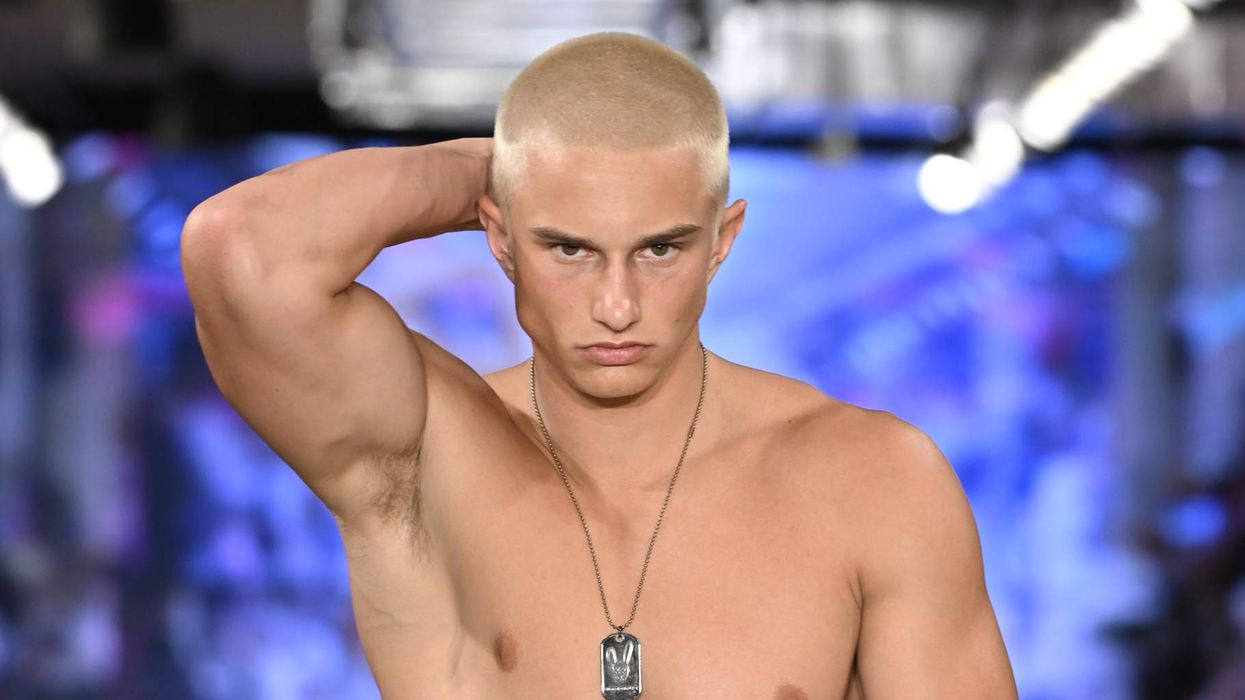

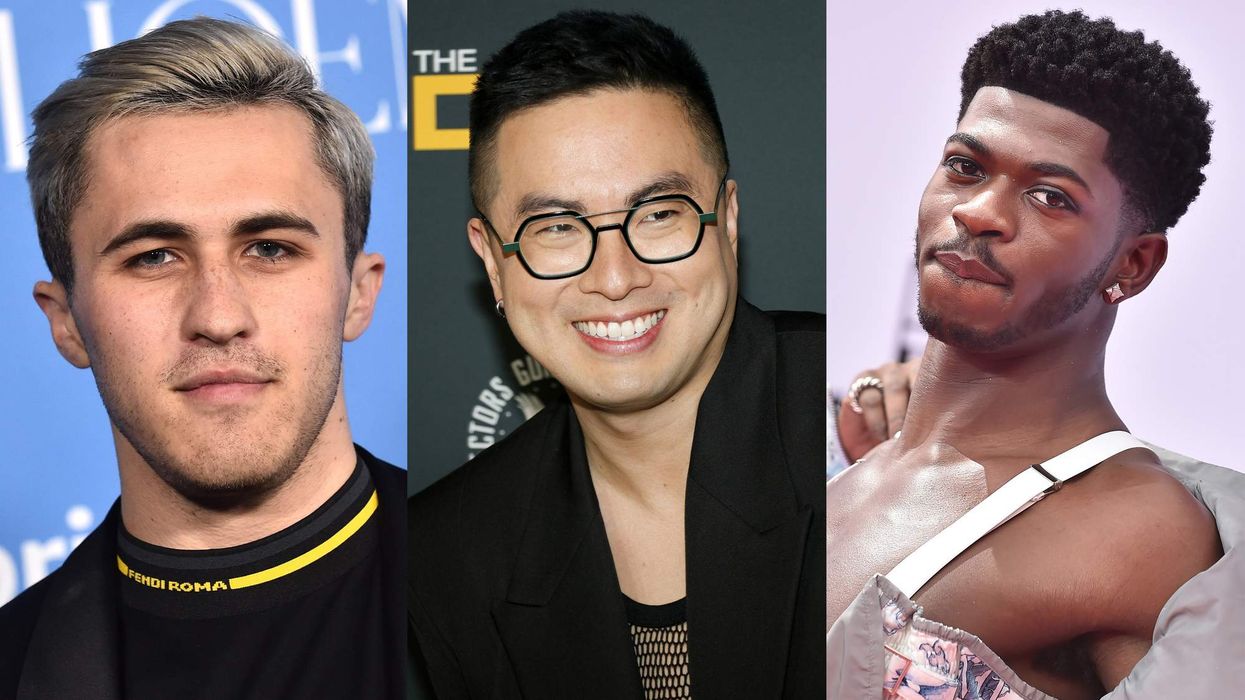
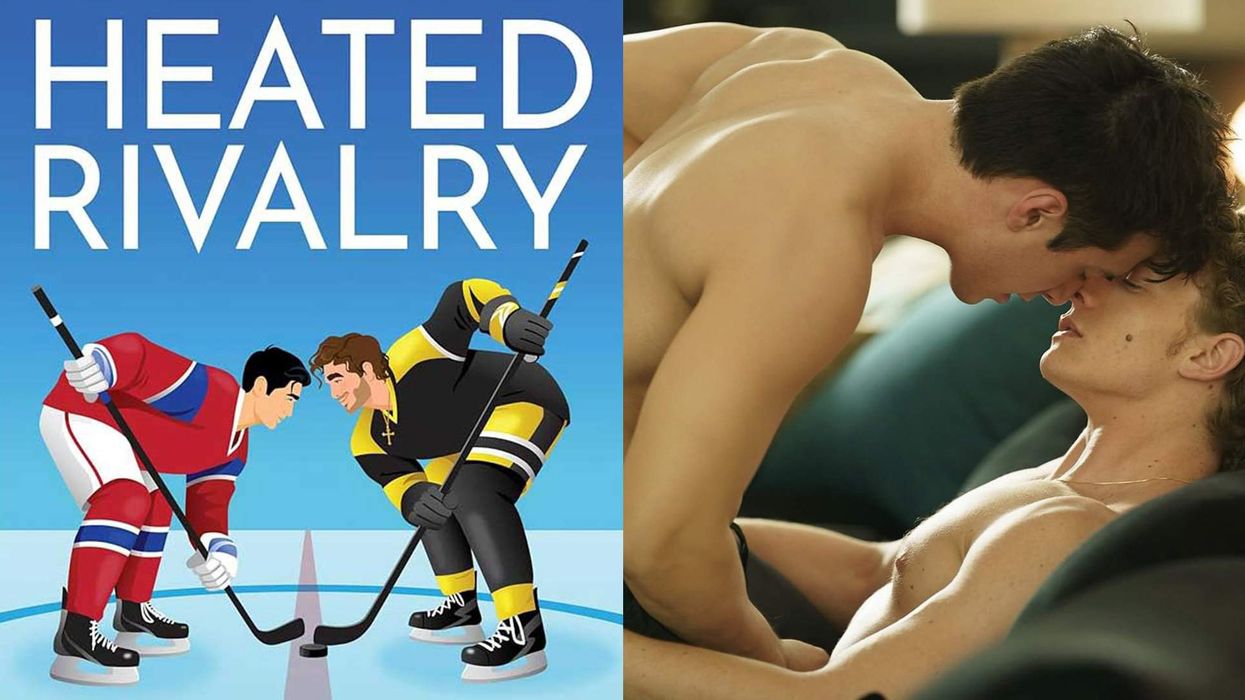
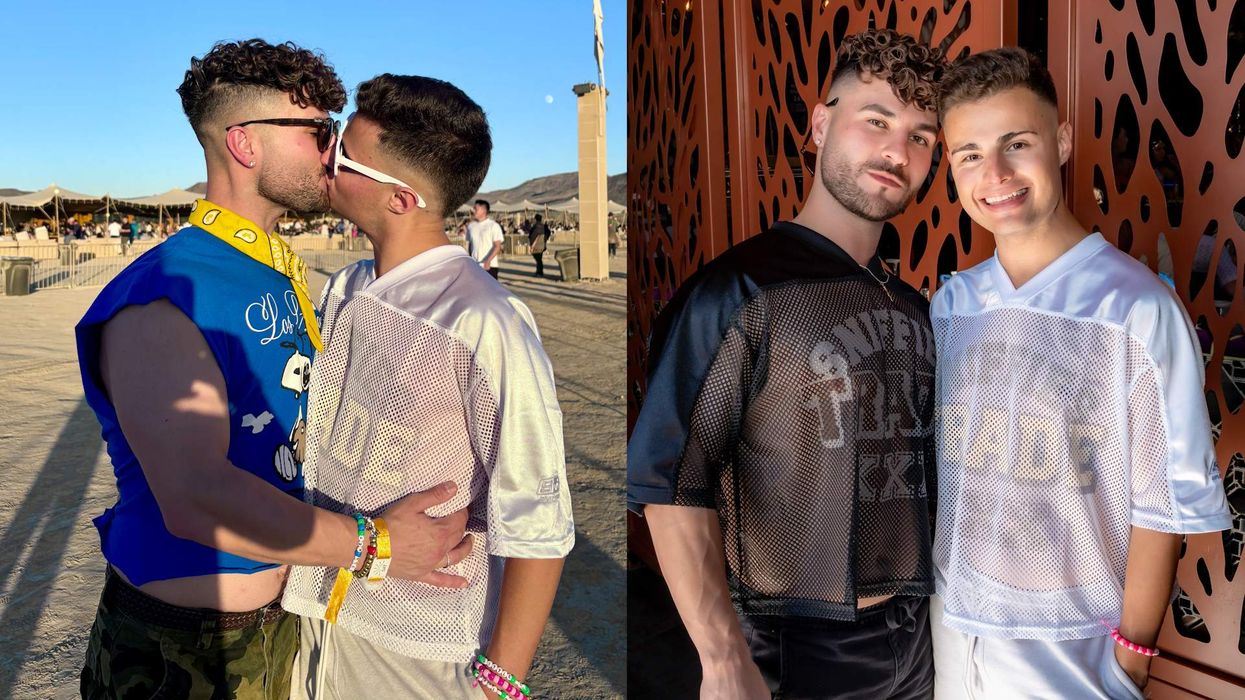
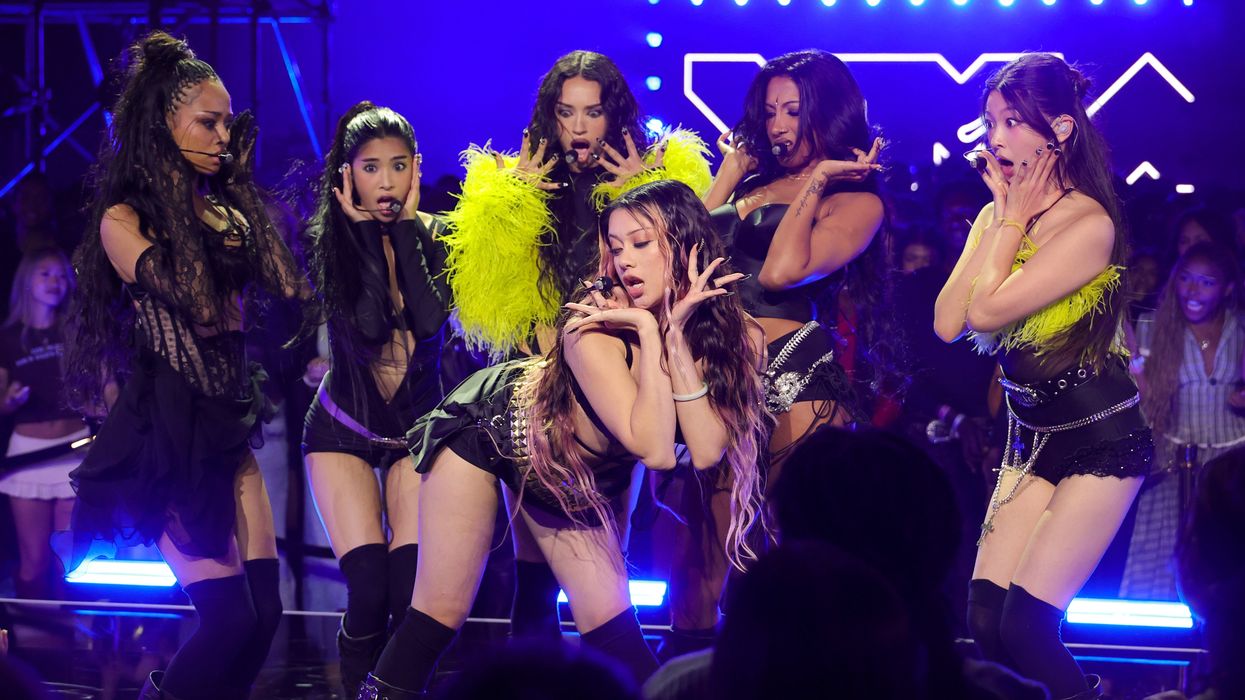
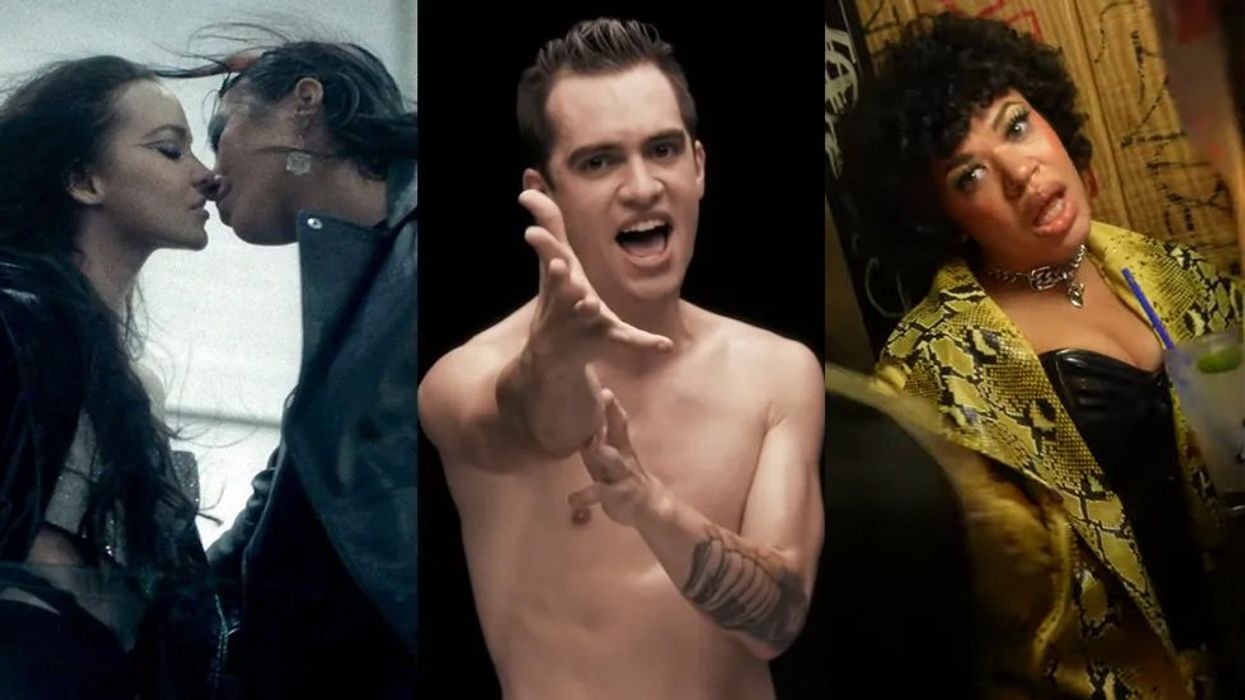
 35 bisexual pop anthems we have on constant repeatYouTube.com/Binoy
35 bisexual pop anthems we have on constant repeatYouTube.com/Binoy